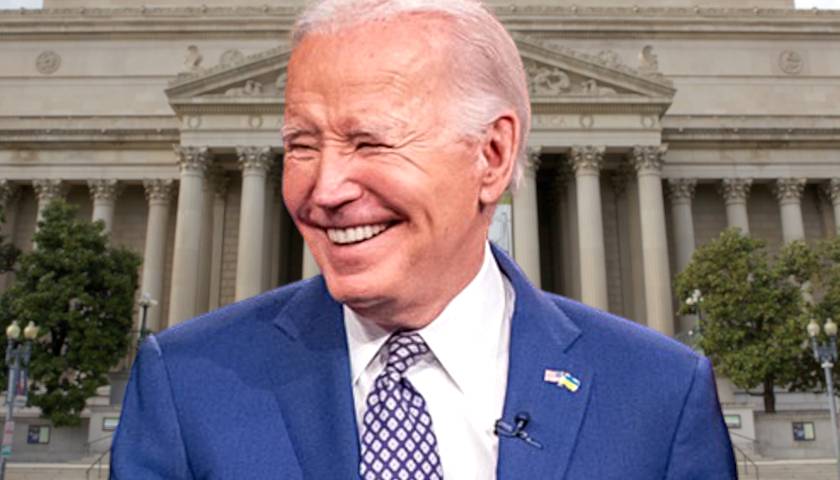by Hank Long
As the calendar continues to creep closer to Aug. 1 — when it becomes legal for Minnesotans to possess, consume and grow limited amounts of recreational cannabis — cities across the state are preparing for the inevitable marijuana retail market that will (eventually) follow.
In Rochester on Monday, July 24, members of the public will continue to weigh in on a proposed ordinance that would prohibit marijuana sales in the city until Jan. 1, 2025. This comes after a handful of cities have already passed similar pot shop moratorium ordinances, including: Brooklyn Center, Ramsey, West St. Paul and Mankato.
The Jan. 1, 2025 end date for local temporary prohibition is in line with when the state’s new Office of Cannabis Management is expected to be up and running and begin issuing retail licenses to businesses wishing to sell marijuana. The new law also requires a prospective cannabis retailer to obtain a local retail registration. That’s why the Rochester City Council is getting out in front of the issue about a year and half ahead of time.
The proposed ordinance was originally discussed during a July 6 Rochester City Council meeting, where a handful of residents expressed their concerns over possible negative health impacts on the community.
“If it’s already known that cannabis is still dangerous to children and it now has greater potential to come into contact with our kids, then why in the world is it legalized and being proposed for our community?” said Karin Sharon, a nurse and mother of four who lives in Rochester.
Following a brief testimony period on the proposed ordinance that didn’t start until nearly 11 p.m., the Rochester City Council decided to cut the public hearing short and voted to continue it to July 24, so additional members of the public could testify.
Some cities consider capping number of pot shops, based on population
City Council members are also expected to discuss language that was originally in the proposed ordinance that would have capped the number of dispensaries that could open within the city limits to 1 per 12,500 residents. With a population of more than 121,000, that would cap the number of marijuana retailers at just under 10 within the Rochester city limits. That language was removed the night before the meeting, city clerk Kelly Geistler told council members while presenting the ordinance.
“The purpose of this last minute [elimination of the dispensary capping language] tonight was intended to keep this action straight forward as it was originally meant to be,” Geistler said.
The proposed ordinance also outlines the local registration process for potential cannabis retailers, as directed in the new state law.
Under the new statute, Ch. 342 sec. 13, the state allows for local control to cities and counties to implement “reasonable restrictions over the ‘time, place, and manner’ of cannabis sales,” such as distancing from schools and parks or limiting areas where certain business types are allowed.
Also testifying over the proposed ordinance was Democrat state Rep. Andy Smith, who represents a portion of Rochester and said he supports the elimination of language from the ordinance that would cap the number of dispensary licenses issued within the city limits.
He also said he wants to make sure that any ordinance the City Council approves to regulate marijuana retailers does not negatively impact prospective small businesses who may not be able to begin cultivating or buying marijuana in Rochester while other big businesses will be able to better position themselves to begin selling the product come Jan. 1, 2025.
While many other cities are expected to be tackling the same issue in the coming weeks and months, the League of Minnesota Cities has debuted an Adult-Use Cannabis FAQ webpage for municipalities that are considering what kind of regulations to impose in this new recreational cannabis landscape.
Some of those frequently asked questions include:
- How much cannabis can a person legally possess?
- Under the new law, where can adult-use cannabis be sold?
- When is our city required to issue retail registration to a cannabis retail business?
- Can my city limit the number of cannabis retailer licenses issued in our city?
– – –
Hank Long is a journalism and communications professional whose writing career includes coverage of the Minnesota legislature, city and county governments and the commercial real estate industry. Hank received his undergraduate degree at the University of Minnesota, where he studied journalism, and his law degree at the University of St. Thomas. The Minnesota native lives in the Twin Cities with his wife and four children. His dream is to be around when the Vikings win the Super Bowl.




